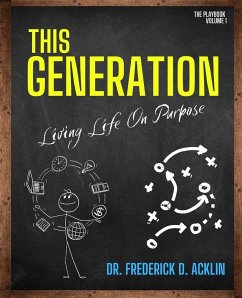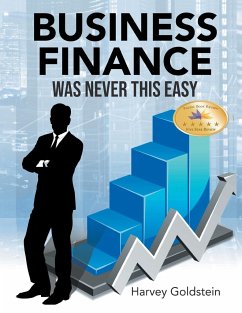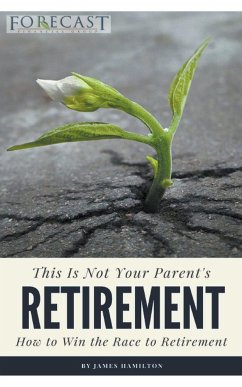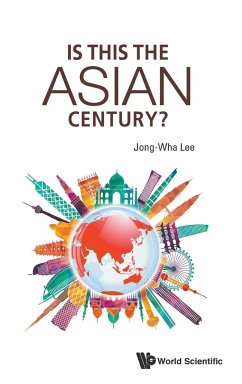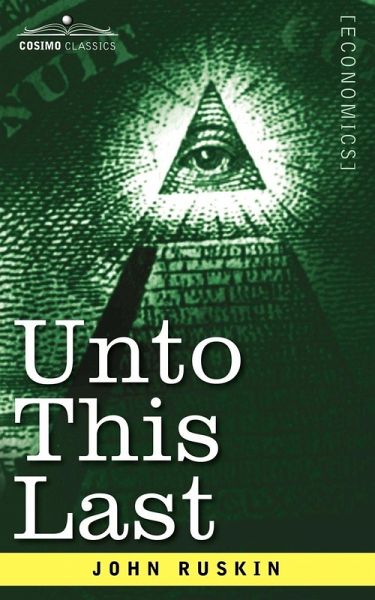
Unto This Last
Versandkostenfrei!
Versandfertig in 1-2 Wochen
13,99 €
inkl. MwSt.

PAYBACK Punkte
7 °P sammeln!
One of the most astonishingly versatile British writers of the 19th century, art critic JOHN RUSKIN (1819-1900) held a profound sway on European painting and architecture of the 19th and 20th centuries...but he was also a vital influence on the ideals of the later British Labour party, on Gandhi's peaceful revolution, and on our modern notions of charity and charitable organizations. In this 1862 collection of essays, Ruskin lays out his humanist theory of economics and calls for government intervention in the economy to serve values of social justice, of morality, and of higher aesthetics. Ah...
One of the most astonishingly versatile British writers of the 19th century, art critic JOHN RUSKIN (1819-1900) held a profound sway on European painting and architecture of the 19th and 20th centuries...but he was also a vital influence on the ideals of the later British Labour party, on Gandhi's peaceful revolution, and on our modern notions of charity and charitable organizations. In this 1862 collection of essays, Ruskin lays out his humanist theory of economics and calls for government intervention in the economy to serve values of social justice, of morality, and of higher aesthetics. Ahead of its time and still of great significance today, this is an inspiring vision of how government and culture might work together for the betterment of all. _______________________ ALSO FROM COSIMO Ruskin's Sesame and Lilies: Three Lectures



